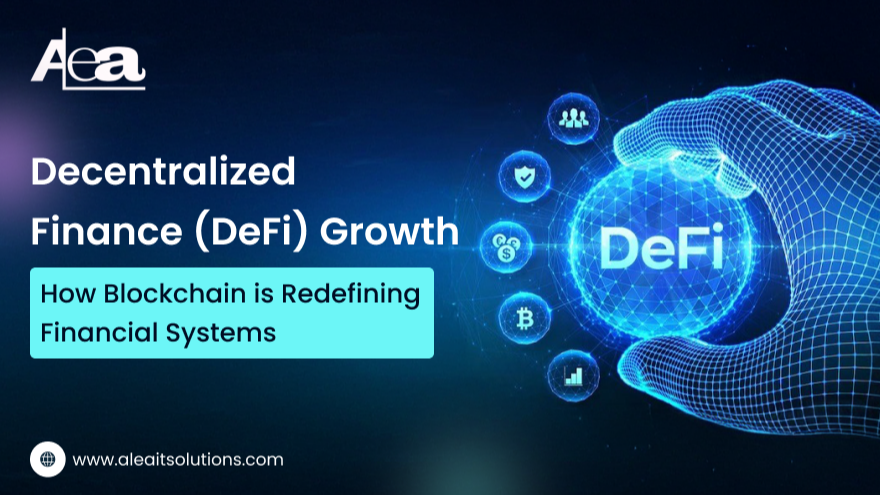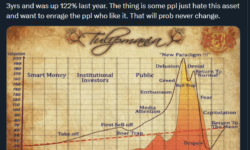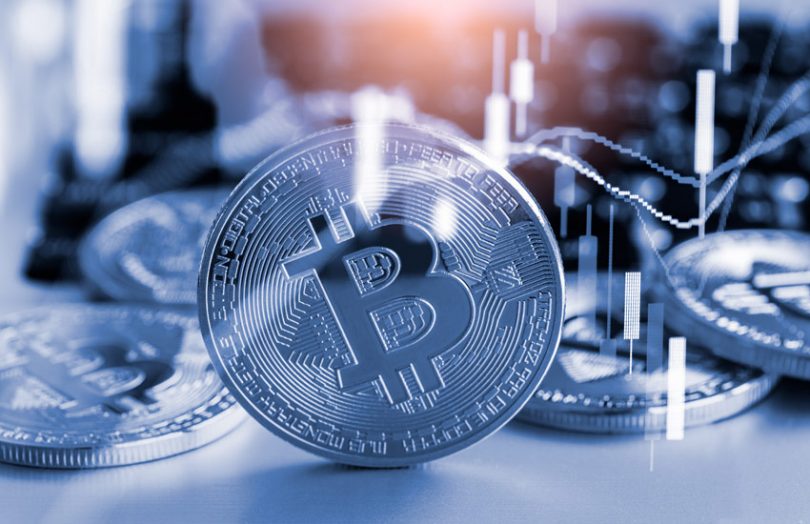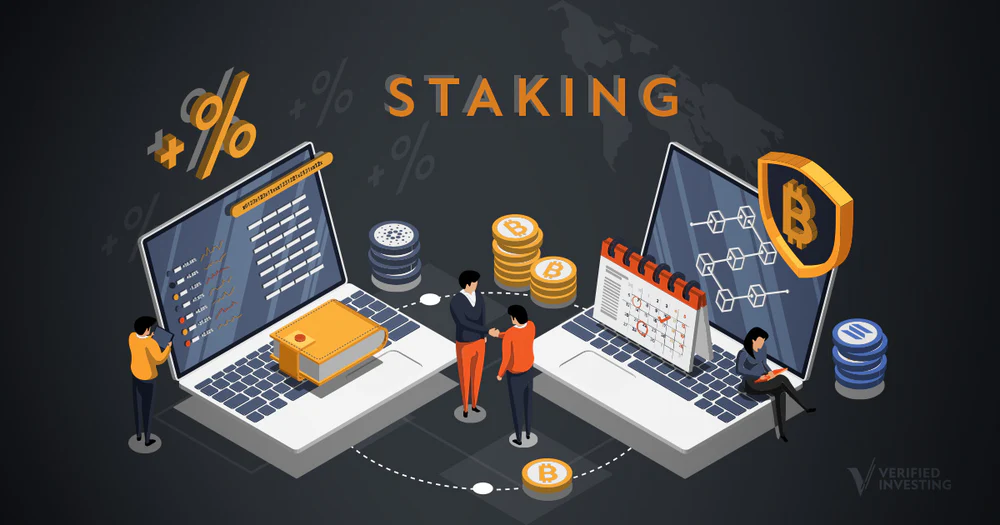
In traditional finance, decision-making is centralized. Banks, corporate boards, and regulatory authorities dictate policies, product changes, and strategic directions. Decentralized finance (DeFi), however, flips this model on its head, giving communities the power to shape the future of protocols through governance tokens. These digital tokens are not just investment instruments—they are voting rights, tools for accountability, and the backbone of decentralized decision-making.
What Are Governance Tokens?
Governance tokens are blockchain-based assets that grant holders the ability to participate in a protocol’s decision-making processes. Unlike standard utility tokens or stablecoins, governance tokens allow holders to propose, vote on, and implement changes to a platform.
For example, token holders can influence:
- Protocol upgrades (adjusting features, fees, or mechanics)
- Treasury management (allocating funds for development, marketing, or liquidity incentives)
- Policy adjustments (changing collateral requirements, interest rates, or risk parameters)
By design, governance tokens decentralize authority, making protocols less reliant on a small leadership team and more aligned with the interests of the community.
How Governance Works in Practice
Governance in DeFi is typically implemented via on-chain voting mechanisms. Token holders submit proposals, which can be discussed, debated, and refined before a vote. Depending on the platform, voting may follow different models:
- One-token-one-vote: Each token represents one vote, giving larger holders more influence.
- Quadratic voting: Reduces the dominance of whales by weighting votes in a non-linear fashion.
- Delegated voting: Allows token holders to delegate their voting power to trusted representatives.
Platforms like Compound, MakerDAO, and Aave exemplify these models. In these ecosystems, governance token holders have directly influenced protocol upgrades, interest rate models, and treasury spending, demonstrating the practical power of community-led decision-making.
Benefits of Governance Tokens
Governance tokens offer multiple advantages for the DeFi ecosystem:
- Decentralization of Control: By distributing decision-making power, no single entity can unilaterally manipulate the protocol.
- Community Incentivization: Token holders are motivated to participate in governance, aligning incentives with protocol success.
- Transparency and Accountability: Votes, proposals, and outcomes are recorded on-chain, ensuring open, auditable decision-making.
- Innovation and Responsiveness: Communities can quickly implement improvements, adapt to market needs, or respond to emerging risks without bureaucratic delays.
These features empower users to become active participants rather than passive investors, creating a sense of ownership and long-term commitment.
Risks and Challenges
While governance tokens promote decentralization, they also introduce challenges:
- Whale Dominance: Large token holders can disproportionately influence outcomes, potentially centralizing power.
- Voter Apathy: Many token holders fail to participate, leaving decisions to a small, active minority.
- Coordination Complexity: Proposals may require extensive debate, technical understanding, and consensus-building.
- Regulatory Uncertainty: As governance affects financial decision-making, regulators may scrutinize token holders’ actions, creating potential legal implications.
Addressing these risks requires thoughtful tokenomics, voter education, and mechanisms like delegated or quadratic voting to balance influence.
Real-World Impact and Adoption
Governance tokens are not theoretical—they have real, tangible effects on DeFi protocols. For instance, MakerDAO token holders have voted on adjustments to collateral ratios, debt ceilings, and governance fee structures, directly impacting the protocol’s stability and growth. Aave token holders regularly decide on new asset listings and liquidity incentives, influencing both user behavior and protocol adoption.
Beyond protocol mechanics, governance tokens also foster community culture, incentivizing engagement, collaboration, and decentralized innovation. Holders often form forums, discussion groups, and working committees to analyze proposals and advocate for strategic changes.
The Future of DeFi Governance
As DeFi matures, governance tokens will likely evolve beyond voting power:
- Reputation-based Governance: Token-weighted voting may incorporate on-chain behavior and participation metrics.
- Cross-Protocol Governance: Interoperable governance models could allow influence across multiple DeFi platforms.
- Enhanced Security Mechanisms: Innovations may prevent malicious proposals, vote manipulation, and centralization risks.
These developments will strengthen the role of communities in shaping decentralized ecosystems, creating more resilient, adaptable, and inclusive financial platforms.
Final Thoughts
Governance tokens are more than financial instruments—they are the lifeblood of decentralized decision-making in DeFi. By granting users a voice in protocol management, these tokens redefine power structures, incentivize participation, and promote transparency.
In the rapidly evolving world of decentralized finance, success is no longer determined solely by technology or capital—it’s determined by communities empowered to vote, govern, and innovate. Governance tokens are the key to unlocking this participatory future.








